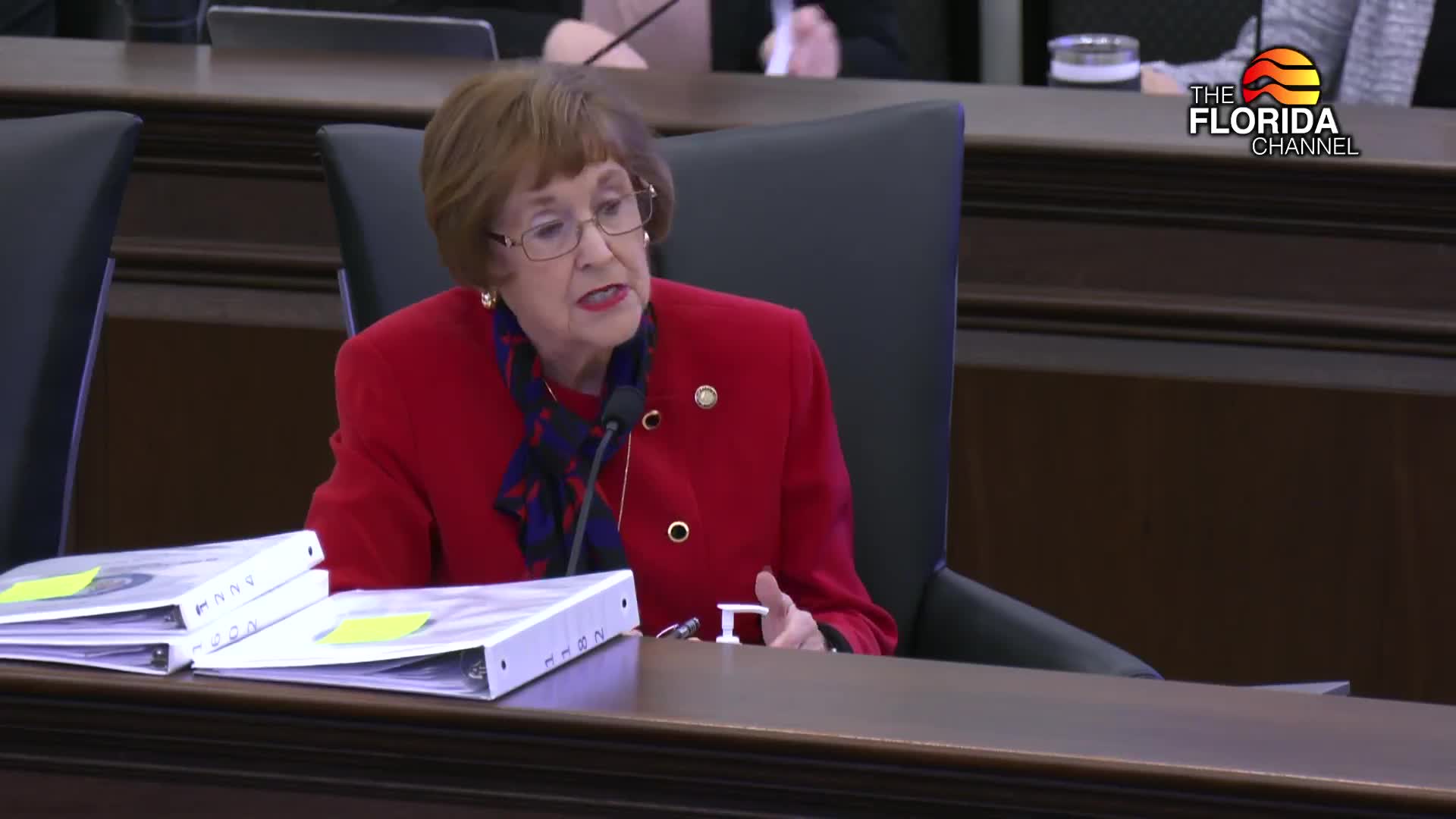Article not found
This article is no longer available. But don't worry—we've gathered other articles that discuss the same topic.
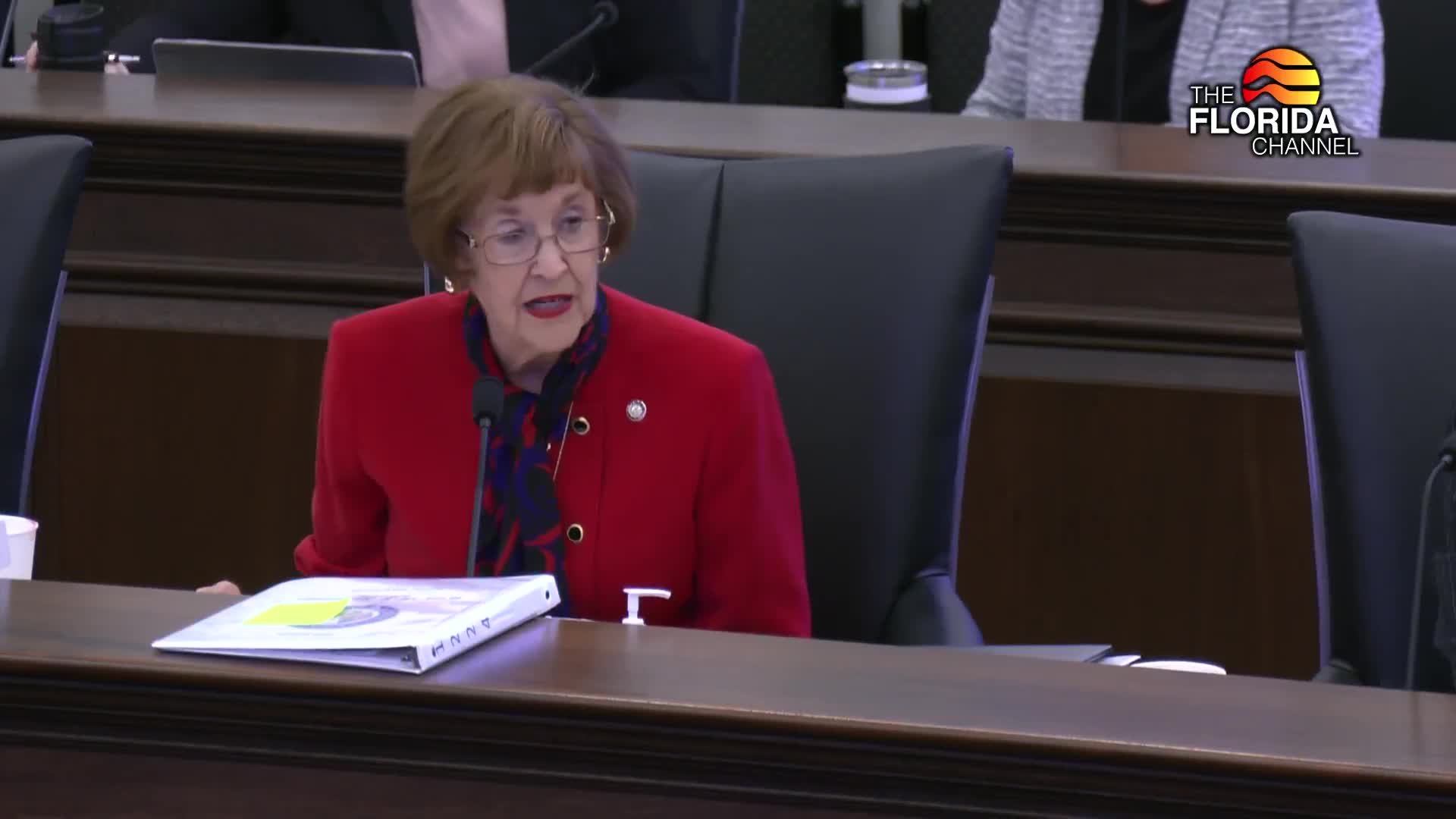
Appropriations Committee reports multiple health bills favorably; several debated items win committee approval
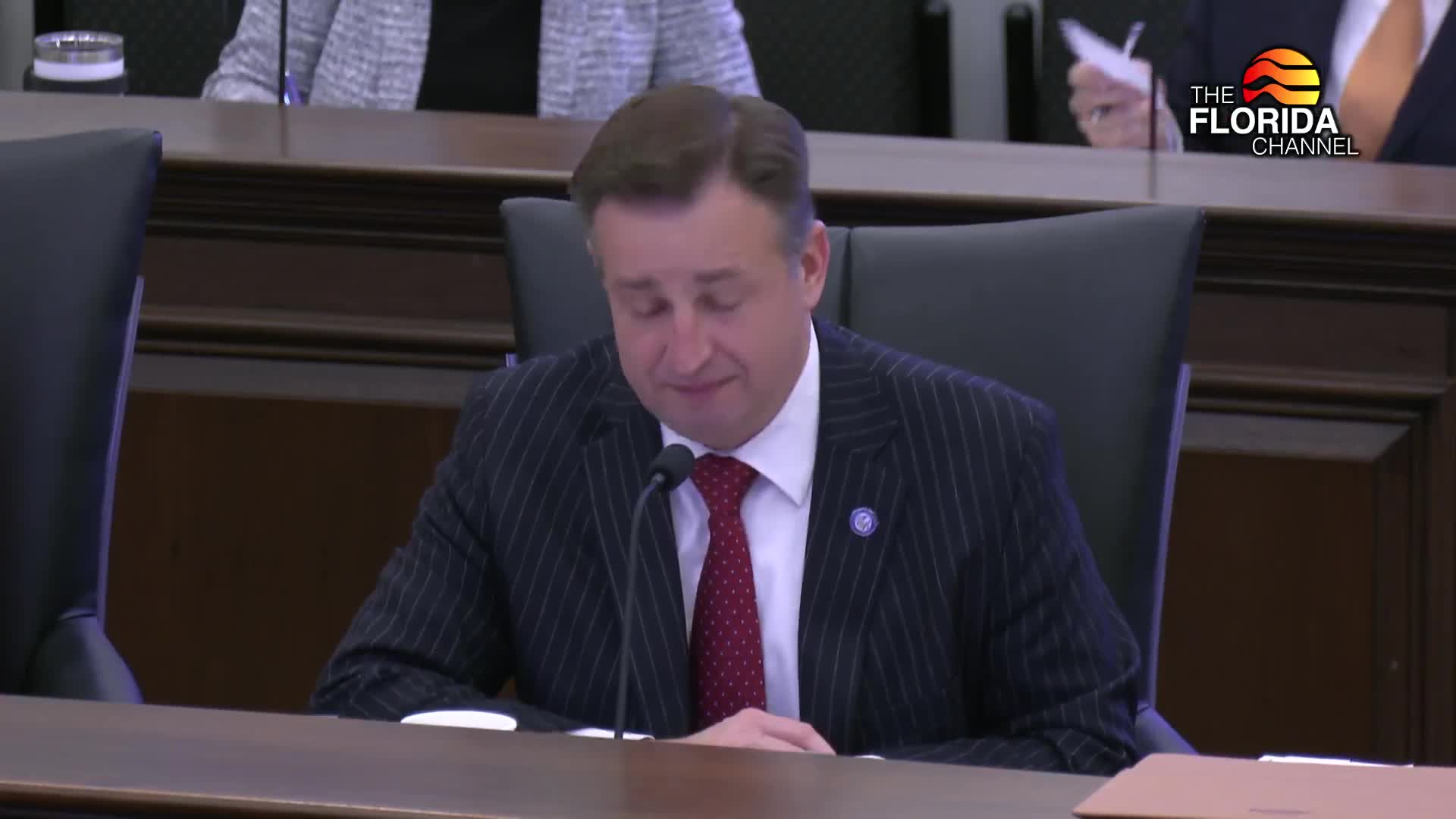
Committee clears 'Emily Atkins Family Protection Act' to strengthen screening, registry and assisted‑living rules for blood clots
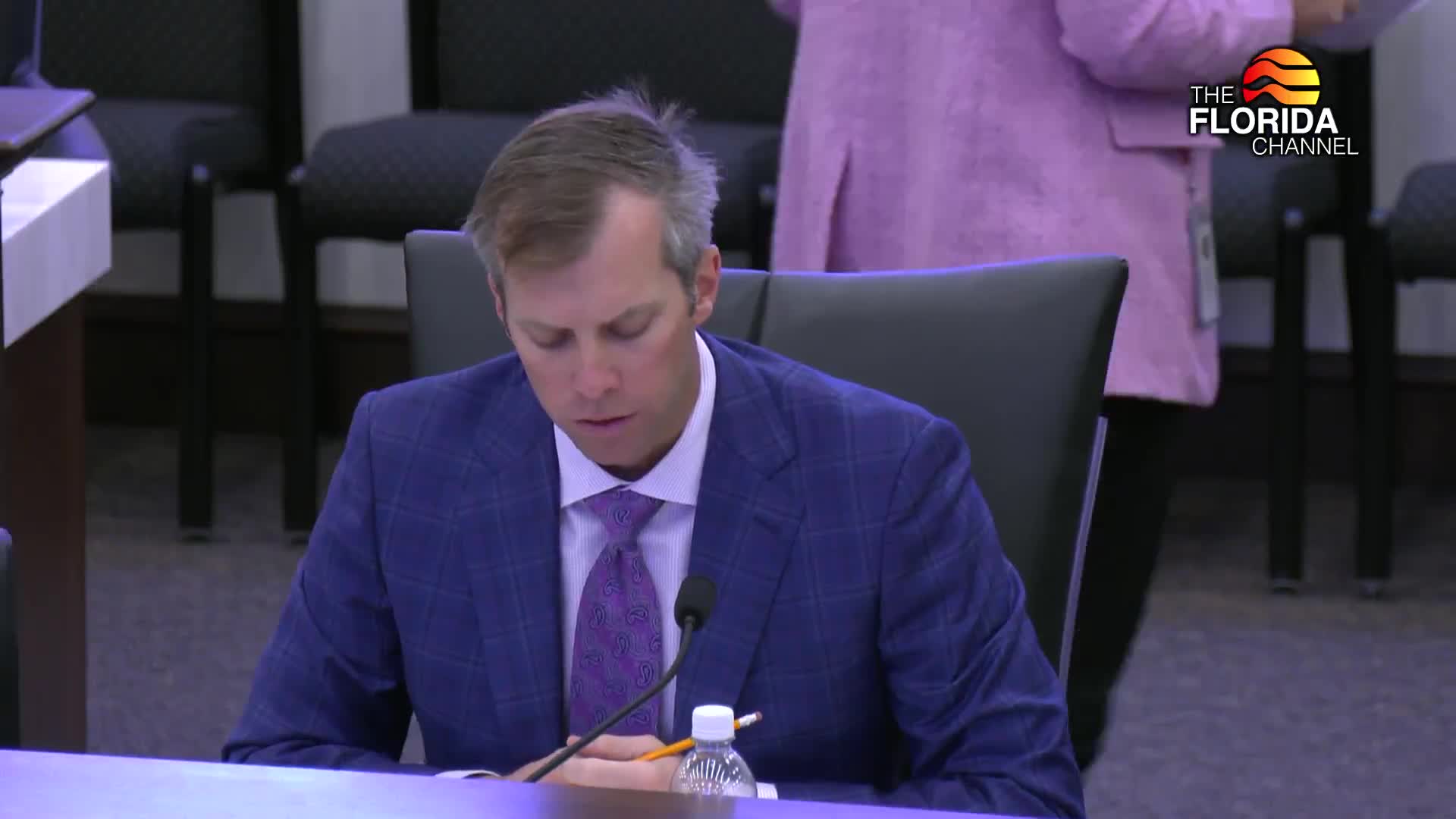
Committee advances bill to expand IDD managed‑care pilot to reduce waitlist; supporters and families urge voluntary participation and protections
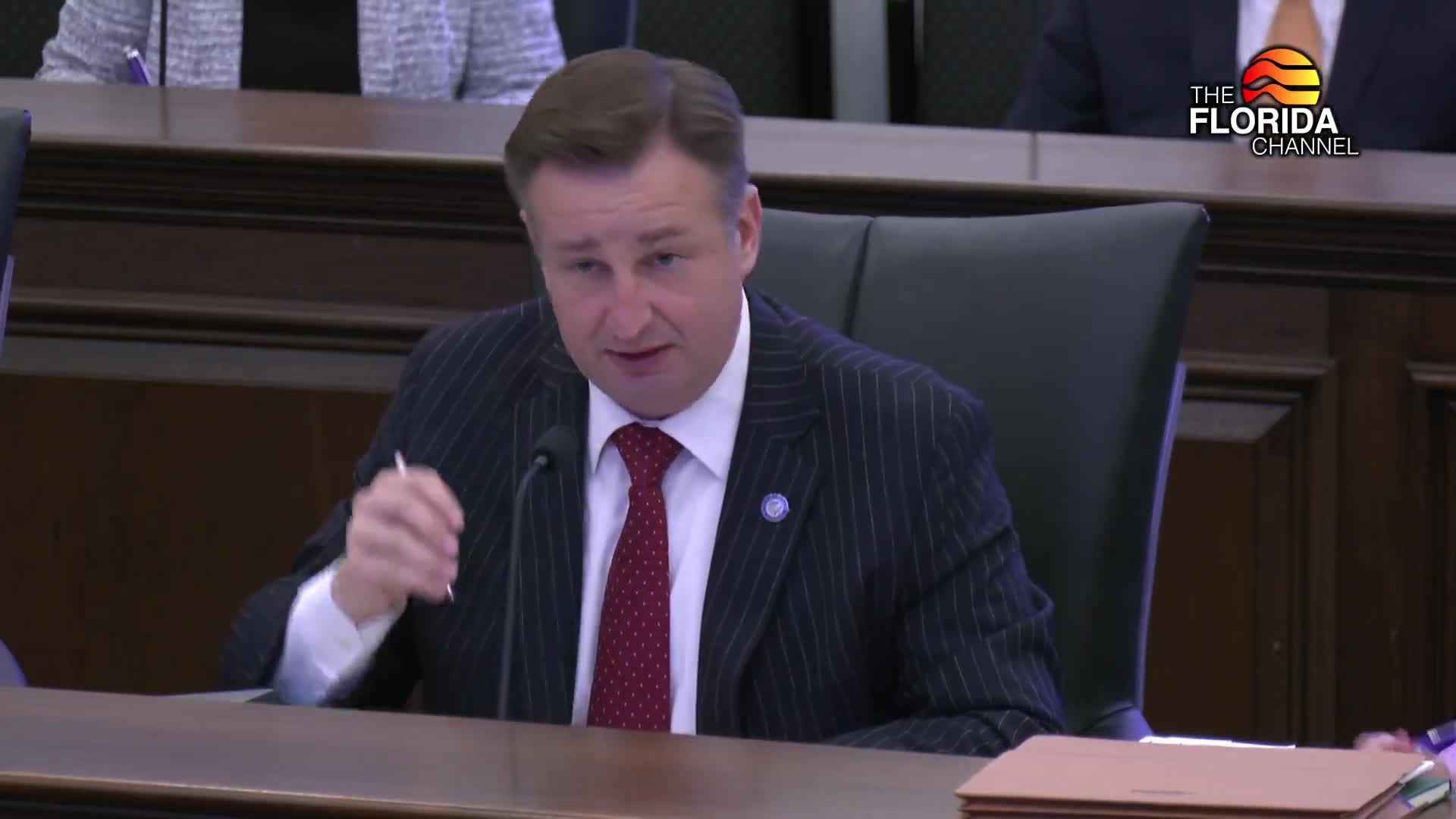
Senate panel approves Gruters bill to ease zoning limits for recovery residences, adds staffing and population limits after amendment
